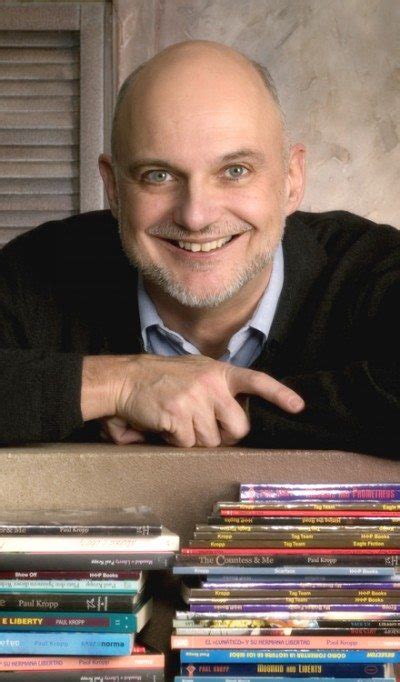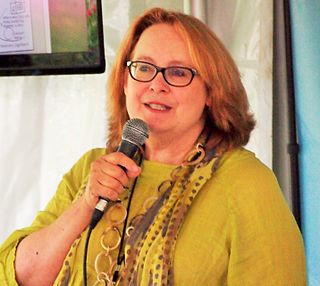Цитата Жаклин Вудсон
С самого раннего возраста я читал как писатель. Я читал для глубокого понимания литературы; не просто услышать историю, но и понять, как автор поместил историю на страницу.
Связанные цитаты
Если вы хотите стать писателем-фантастом, вам нужно начать читать как писатель-фантаст. Для этого вам нужно узнать о ремесле, чтобы в следующий раз, когда вы возьметесь за современный рассказ, вы читали его не как плавающую в формальдегиде абстракцию, существующую просто для того, чтобы пилить ее тупым скальпелем теоретика, а как конкретная вещь, построенная из слов и оформленная синтаксисом, воплощенная в жизнь писателем, который сделал несколько тысяч вариантов, несколько больших, несколько маленьких, прежде чем позволить этой несовершенной красоте, истории, идти своей собственной дорогой.
Как детский автор, вы можете выступать за чтение и письмо в целом, чего не может сделать взрослый автор. Это действительно интересный танец, который мы делаем, чтобы передать литературу молодым людям и помочь им стать грамотными и стать читателями; мы хотим, чтобы они выросли и продолжали читать, когда станут взрослыми.
Чтение с прицелом на метафоры позволяет нам стать тем человеком, о котором мы читаем, читая о нем. Вот почему в книгах есть символы и почему ваш учитель английского языка заслуживает вашего внимания. В конечном счете, не имеет значения, предполагал ли автор, что символ должен быть там, потому что задача чтения не состоит в том, чтобы понять замысел автора. Работа чтения состоит в том, чтобы использовать истории как способ увидеть других людей такими, какие мы есть.
Это наша история. Вы могли бы подумать, что, сколько бы я ни читал, я бы подумал об этом раньше, но я этого не сделал. Я никогда не задумывался об интерпретативном, рассказывающем аспекте жизни, моей жизни. Я всегда чувствовал, что нахожусь в истории, да, но не так, как будто я был ее автором или что я имел какое-либо право голоса в ее рассказе.
Я наткнулся на свою старую историю, которую написал десять лет назад. Главный анекдот истории в том, что мать рассказывает своим детям о том, как она познакомилась с их отцом в Интернете. Большинство воспоминаний матери связано с действительно забавными ссылками, которые он ей присылал, загрузкой музыки, которую она любила, и т. д. — и из-за этих поверхностных подробностей она влюбилась в отца. Читая это сегодня, вряд ли это антиутопия; это просто реалистичная история о том, как люди встречаются на самом деле.
Литература — это аспект истории, а история — это все, что существует, чтобы придать смысл реальности. Война — это история. Теперь вы начинаете понимать, насколько сильна история, потому что она информирует наше мировоззрение и каждое наше действие, каждое наше оправдание — это история. Так как же история может не быть по-настоящему преобразующей? Я видел, как это происходило на самом деле, а не сентиментально или на жаргоне либеральной идеологии Нью Эйдж.





































